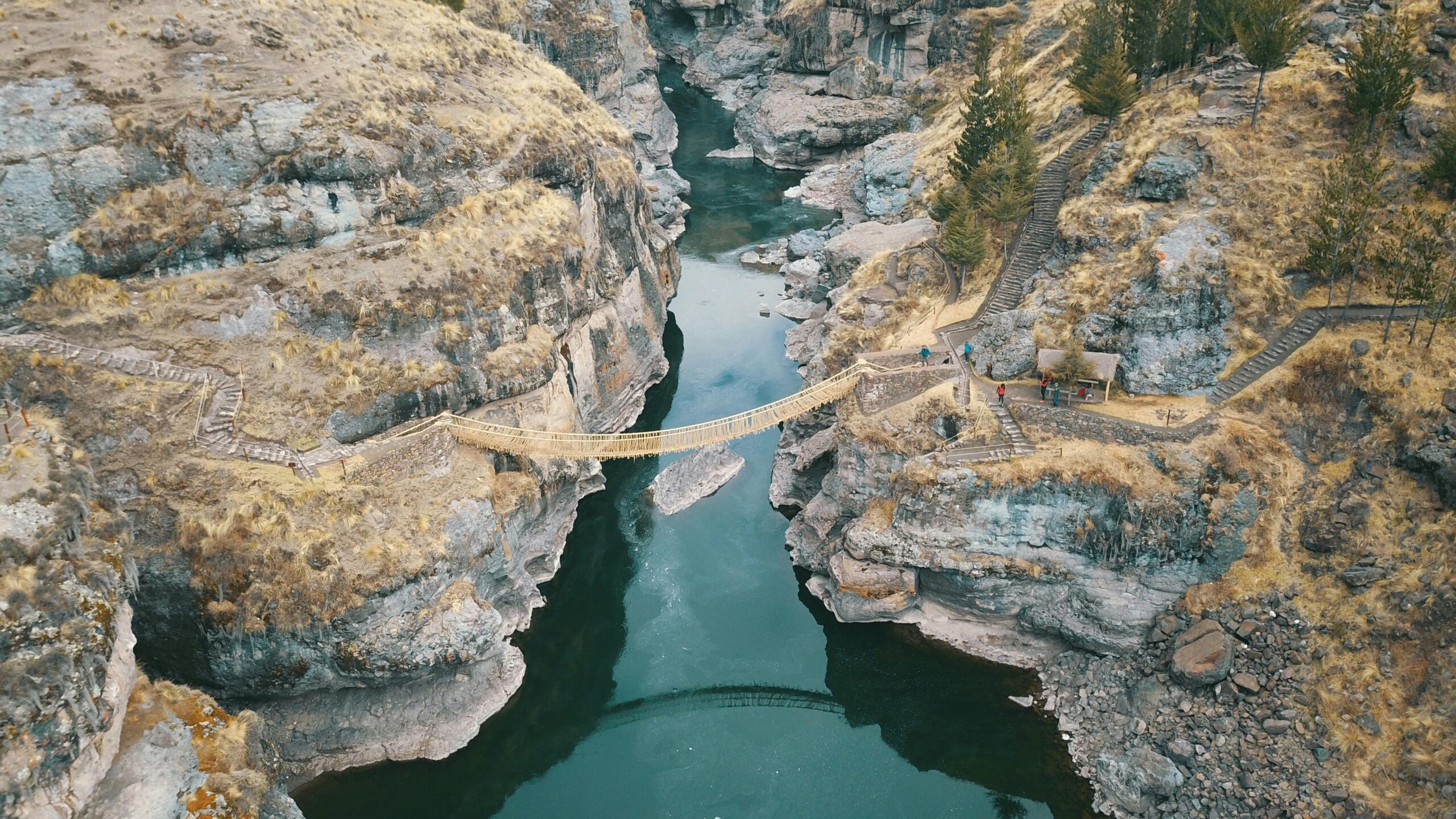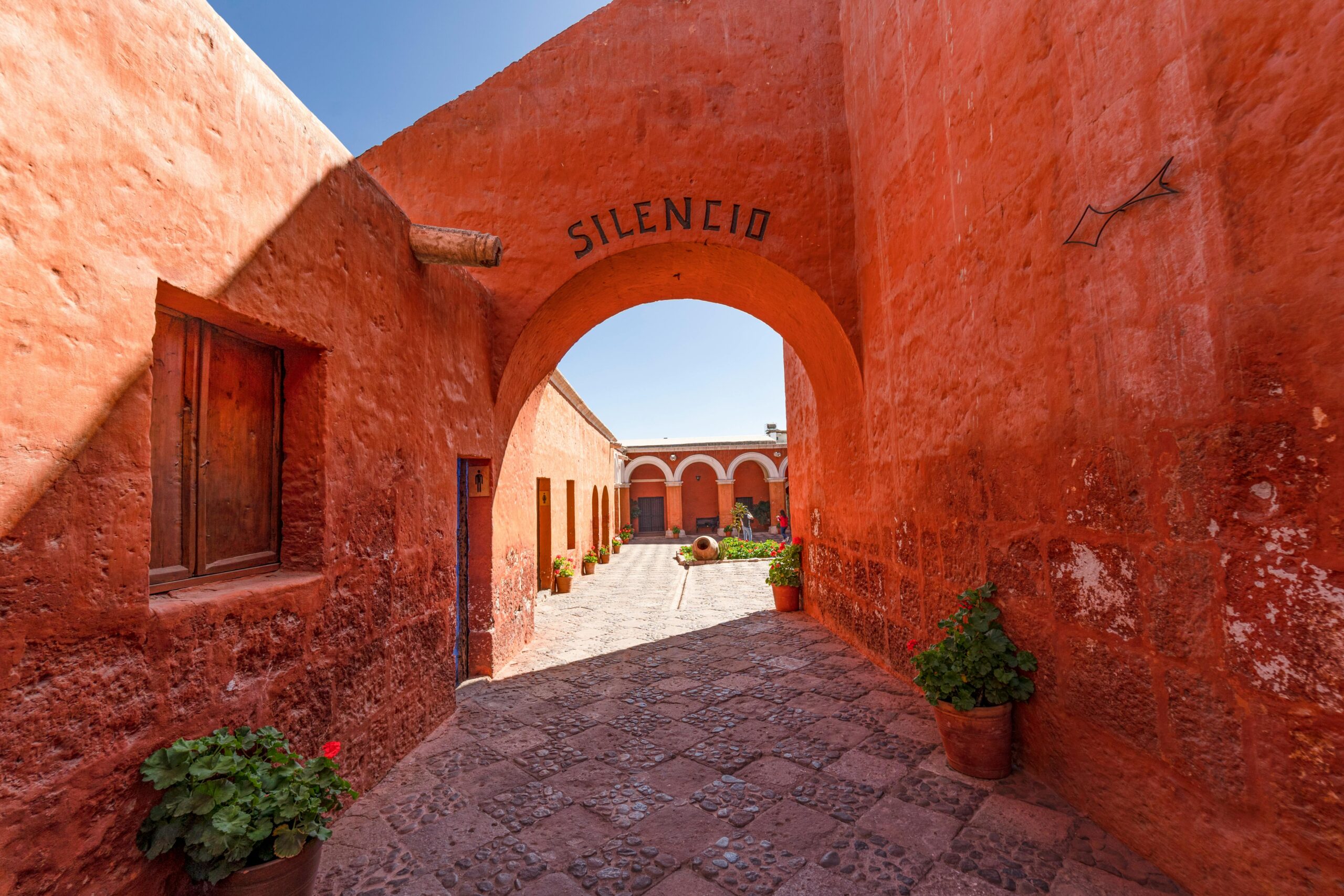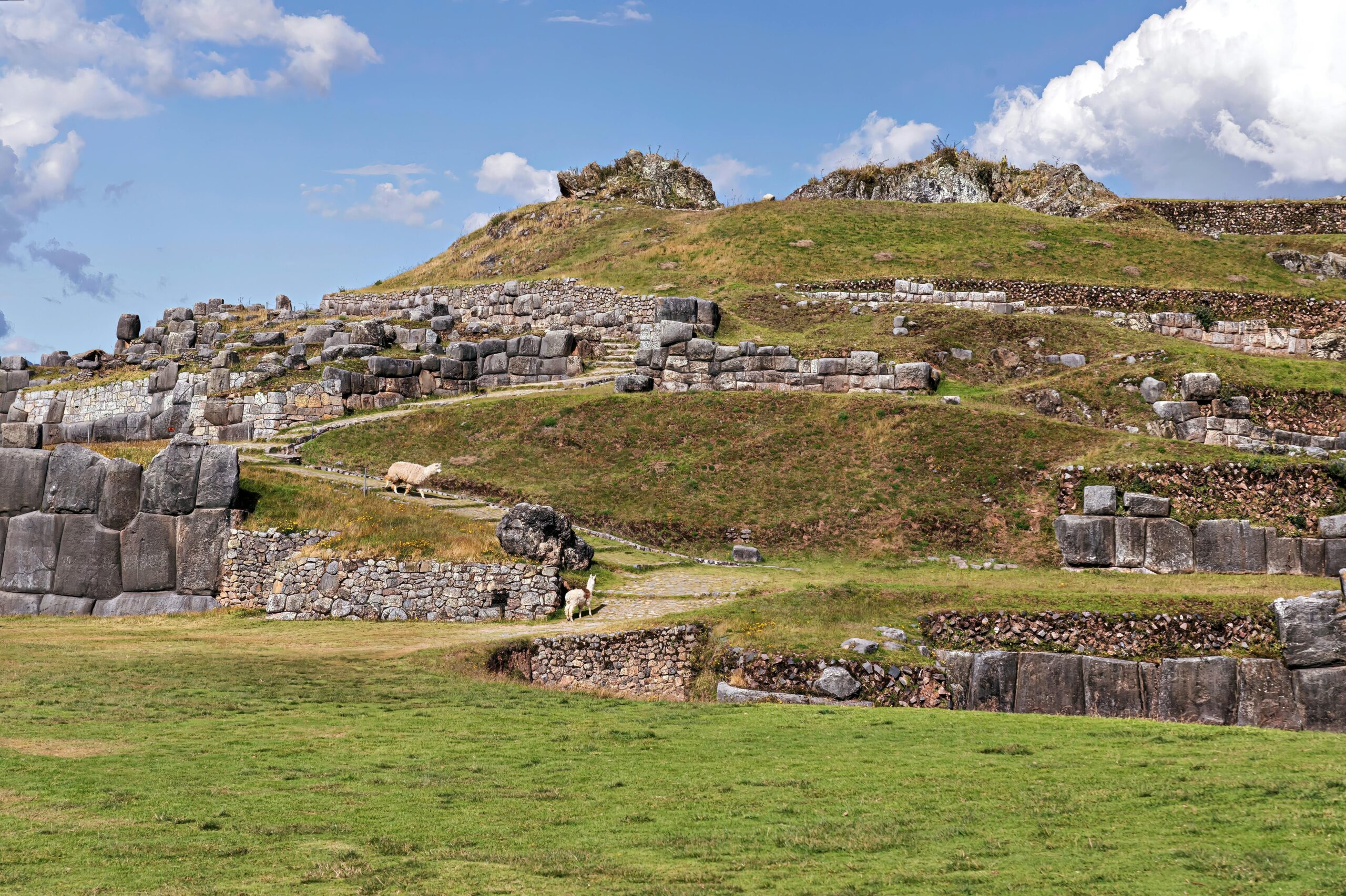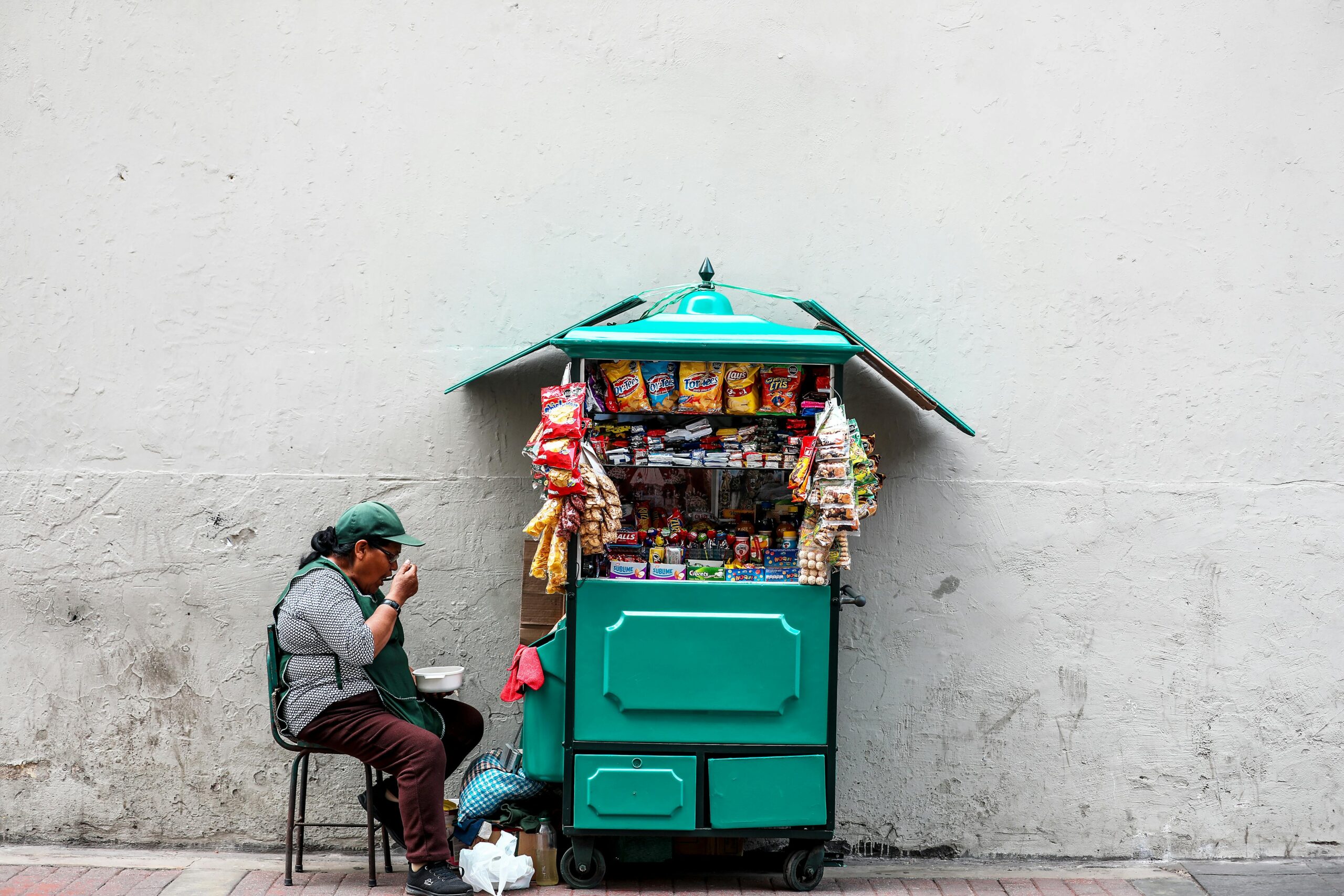For those who want to travel while contributing to a meaningful project, immersing themselves more deeply in the country’s reality, and living alongside local communities, volunteering is a valuable alternative. In exchange for your time, skills, or simply your willingness to help, you can discover a different side of Peru — far from the traditional tourist routes.
Social Volunteering
In the working-class neighborhoods of Lima or in regional cities like Cusco, Arequipa, or Trujillo, many local and international NGOs work with children from underprivileged families. The role of volunteers varies depending on each organization’s needs: organizing activities, helping with homework, offering emotional support, or running creative or sports workshops.
The aim is always to help create a more stable and caring environment for these children, who often face very difficult living conditions.
Being involved in this type of mission requires patience, empathy, and sometimes a certain emotional distance. But in return, the human exchange is incredibly enriching. Many volunteers speak of forming strong bonds with the children and experiencing deep personal growth — as powerful as what they’re giving. These short experiences often leave long-lasting impressions.
Environmental Volunteering: Protecting Andean and Amazonian Biodiversity
Peru is home to exceptional biodiversity, especially in the Amazon region, which covers more than 60% of the country. Conservation projects invite volunteers to help protect this natural wealth. These missions often take place in remote reserves or research centers, only reachable after hours of travel by road or boat.
Tasks depend on the season and local needs: wildlife monitoring, data collection, trail maintenance, environmental education in local communities, planting native species, or caring for animals rescued from illegal trafficking.
Life on-site is often simple, even rustic, but many people find this return to basics deeply fulfilling. Living in the heart of the jungle, waking to the sound of howler monkeys, or spotting macaws in their natural habitat — these are unforgettable moments that mainstream tourism rarely offers.
Community Volunteering: Living with Andean Populations
In the high Andes, several volunteering programs offer total immersion in Quechua or Aymara communities. These projects are sometimes organized by local associations or cooperatives working to preserve traditions while welcoming cultural exchange. Volunteers often stay with host families and participate in village life: farming, raising animals, handicrafts, or teaching English or computer skills to children.
This type of volunteering requires a great capacity for adaptation. Comfort is basic, altitude requires physical adjustment, and cultural differences can be challenging. But it’s also a powerful opportunity to better understand issues around cultural identity, the transmission of ancestral knowledge, and the effects of tourism on traditional lifestyles.
Many volunteers come out of these experiences transformed, with a broadened perspective on life.
Choosing the Right Project: Ethics and Real Impact
While volunteering is noble in its intention, it also raises important ethical questions. Not all organizations operate with the same integrity or transparency. It’s essential to do research beforehand — to understand the real impact of the project, how funds are used, and what role is assigned to volunteers.
Some less scrupulous agencies exploit young travelers’ goodwill for profit, with little to no benefit for the local population.
A good volunteering experience is based on mutual exchange. It’s not about “saving” a country or its people, but about joining a collective effort with humility. Respecting local customs, listening rather than imposing, and being open and available are key.
Acknowledging your own limits is also part of the learning process — some missions require specific skills, others don’t. In any case, enthusiasm and a willingness to learn are your best assets.
A Different Way to Travel: More Human and More Grounded
Beyond the direct impact, volunteering in Peru offers a different way of traveling. It moves you away from postcard-perfect images and brings you closer to a more complex — yet more authentic — reality.
You get to know the country through its people, traditions, and challenges. You learn to listen, to observe, and to question your own assumptions.
It’s also a way of slowing down, of taking time. Many volunteers use their days off to explore nearby areas, visit lesser-known archaeological sites, join local celebrations, or simply spend time with their hosts.
Though volunteering follows a structure, it often leaves room for spontaneity, unexpected encounters, and surprises — making it a truly unique experience.
An Experience That Stays with You
Volunteering rarely leaves anyone indifferent. Whether it lasts two weeks or several months, it changes the way you see the world, others, and yourself. It may spark new commitments, inspire future careers, or simply deepen your sense of solidarity.
In Peru, there are countless opportunities, each one different. Every mission is unique, every connection too. But one belief is shared by all who’ve taken part: another way of traveling is possible — more conscious, more respectful, more human.




